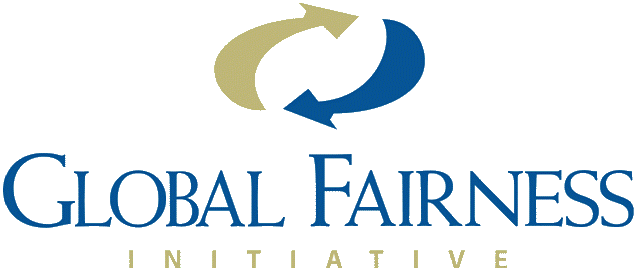Nepal: Better Brick Nepal
Program Supporter: Humanity United
Implementing Partners: Education in Every Home & Self-reliant Development Organization, Integrated Green Development Nepal, Prayas Nepal, Urban Environment Management Society, and GoodWeave International

With the booming population growth and urbanization in Nepal and construction ranked as the third largest economic sector in the country in 2012 and continues to grow. The high demand for building materials has fueled a demand for cheap labor and a lack of incentives for clean or socially responsible brick production on Nepal’s 1,200 registered brick kilns. The aftermath of the 2015 earthquake and subsequent reconstruction efforts have only exacerbated these troubling trends.
Although work conditions are inhumane, the brick industry provides jobs to thousands of unskilled laborers. Over 200,000 workers, of whom as many as 32,000 are children, labor in unhealthy and unsafe conditions in Nepal’s brick kilns. Brick workers are some of the most marginalized of unskilled workers, often bonded by debt to exploitive labor brokers. The informal nature of the industry, which operates on the periphery of communities and with little government oversight, has served to entrench exploitive labor practices such as bonded and child labor. The sector is dominated by migrant and seasonal laborers who live on the kilns during the brick season and have almost no link to local government, community organizations, or representation by worker associations. Unrepresented, unregulated, and for the most part unwanted, brick kiln workers have seen little progress on social, economic, or human rights issues; but with few viable income alternatives they lack the leverage to improve their working conditions or pay.
While previous programs have raised awareness of these issues, Better Brick – Nepal aims to change the incentives within the industry and create a market preference for a “better brick” such that buyers of these bricks – including international agencies, construction firms, and end-consumers – are assured of more ethical production practices in their supply chains. At the same time, the kilns benefit from social recognition, technical assistance, and access to larger buyers.
Better Brick – Nepal started in 2014 with five pilot kilns committed to the goals of eliminating child, bonded, and forced labor and decent working conditions for all workers. Better Brick – Nepal has expanded to 40 partner kilns that employ approximately 8,000 workers and produce 222 million bricks (around 3.5% of Nepal’s total brick supply) each season. Better Brick – Nepal works closely with kiln owners, labor brokers, and workers to promote and ensure decent working conditions for all workers, including access to decent wages and a transparent payment system, healthy and safe living conditions, and an education for children living on the kilns. Better Brick – Nepal incentivizes responsible production through access to better production techniques and strengthened operations as well as promotional opportunities and linkages to better markets, including government and international buyers. Over time, the goal is to enable kilns to be both socially responsible and profitable, to demonstrate a market for an ethically produced brick, and to foster needed changes in the brick industry as a whole.
Activities
In response to COVID-19, BBN and partners recently developed guidelines to help brick kilns safely operate during the pandemic. These guidelines, which adapt international and Nepali public health guidance to the kiln context, can be accessed here in English and Nepali.
PBS News Hour profiles Better Brick – Nepal
Better Brick – Nepal featured in “Nepal’s earthquake: A push to rebuild without child labor”
Better Brick – Nepal featured in “How Nepal is trying to solve its blood brick problem”
